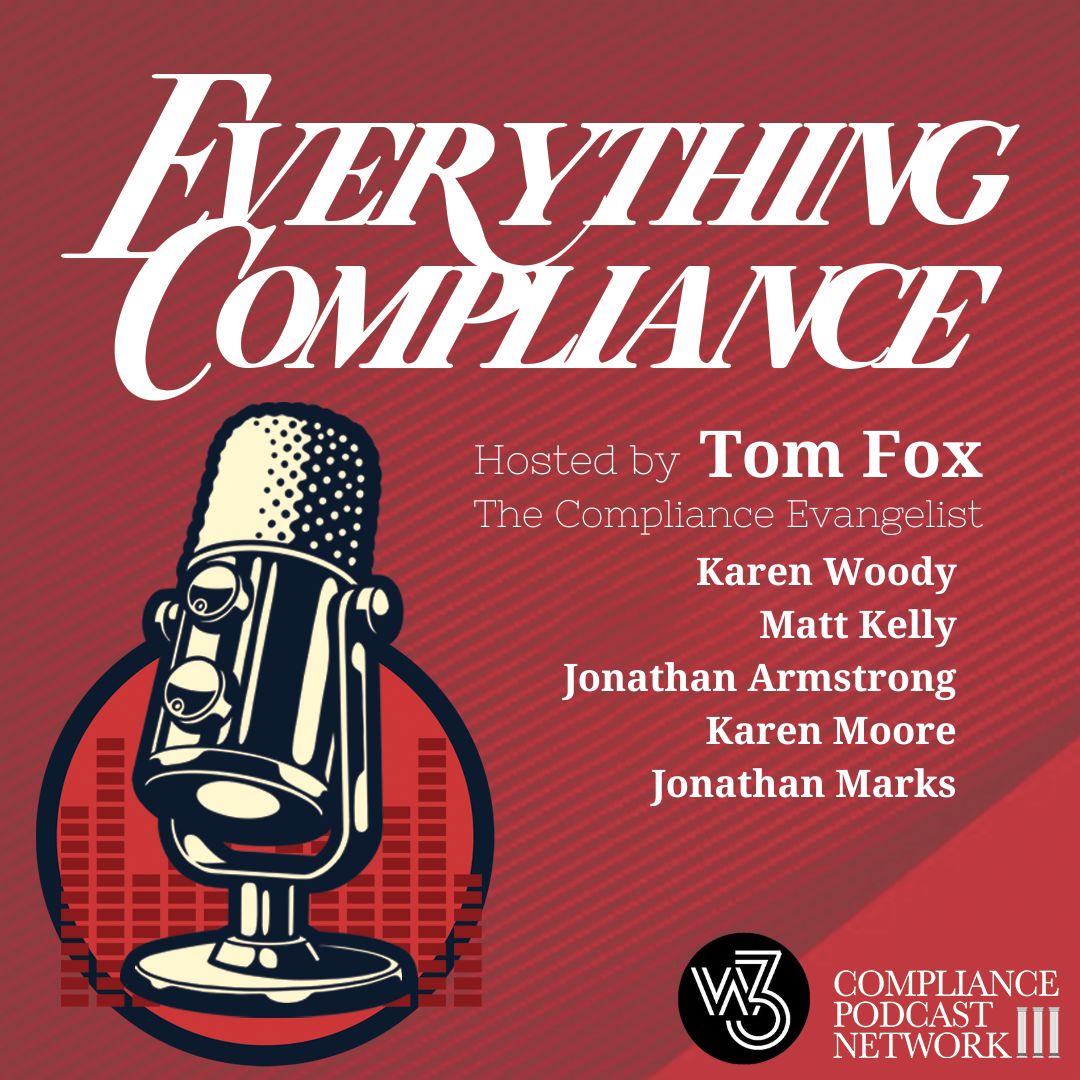Welcome to the award-winning FCPA Compliance Report, the longest-running podcast in compliance. In this episode, Tom welcomes Kevin Carroll, now a partner at Fluet, to discuss national security issues to date under the Trump Administration.
Kevin Carroll discusses his move to Fluet Law, a national security law firm. He delves into the ongoing chaos in national security, ranging from employees’ concerns over legal processes at the Agency for International Development and the FBI to the unprecedented moves of the Trump administration in reprioritizing enforcement efforts. Kevin emphasizes the criticality of maintaining international alliances and intelligence-sharing, especially amidst controversial DOJ staffing and enforcement decisions. They also touch on the potential ramifications for U.S. companies engaged in foreign trade and anti-corruption enforcement. Don’t miss Kevin’s expert insights on the delicate balance of national security and legal frameworks in uncertain times.
Key highlights:
- Kevin’s New Professional Chapter
- National Security Concerns
- Law Enforcement Priorities
- International Relations and Security
- Corporate Legal Risks Abroad
- USAID and Export Control
Resources:
Kevin Carroll on LinkedIn
Fluet
Kevin Carroll on Fluet Law
Tom Fox
Instagram
Facebook
YouTube
Twitter
LinkedIn
For more information on the Ethico Toolkit for Middle Managers, available at no charge, click here.








